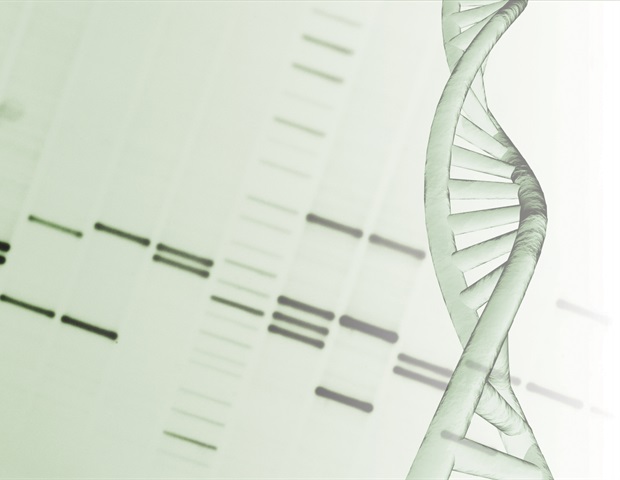Scientists have discovered a way to target elusive circular fragments of DNA that drive the survival of some of the most aggressive cancers, paving the way for future treatments. In three groundbreaking papers published today in Nature , scientists from the Cancer Grand Challenges team eDyNAmiC and their international collaborators at the Francis Crick Institute and University College London (UCL) shed light on the unique behaviour of extrachromosomal DNA (ecDNA), small, circular DNA structures that are common in some of the most difficult to treat cancers. The papers identify, for the first time, how to specifically target cancer cells containing this malignant DNA, a finding that could make aggressive cancers – such as glioblastoma, triple negative breast cancer or small cell lung cancer – much easier to treat in future.
The research reveals just how commonplace ecDNA is across cancer types and explain how it enables tumors to rapidly alter their genomes to resist treatment. In one paper, the researchers identified a drug which specifically targets and kills ecDNA-containing cancer cells while sparing normal cells. Team eDyNAmiC is funded through Cancer Grand Challenges, a research initiative co-founded by Cancer Research UK and the National Cancer Institute in the US and produced by an international team featuring scientists at Stanford Medicine, the Francis Crick Institute and UCL.
The new papers reveal more about the structure of ecDNA and highlight how future cancer.


















